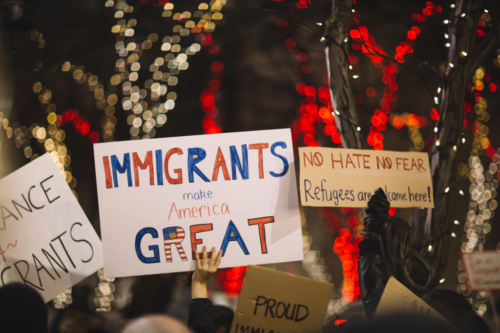DACA UPDATE: USCIS Must Accept First-Time DACA Applications and Advanced Parole.
DACA Update USCIS ordered to Accept First-Time DACA Applications and Advanced Parole
What can first-time applicants do?
Review the requirements on the USCIS DACA website. Generally, to be eligible to apply for DACA, an applicant must show (s)he:
- Was under the age of 31 as of June 15, 2012;
- Came to the United States before the age of 16;
- Has lived in the United States since June 15, 2007;
- Was physically present in the United States on June 15, 2012;
- Had no lawful status on June 15, 2012;
- Is in school, graduated or obtained a GED, or is an honorably discharged veteran; and
- Has not been convicted of a felony, significant misdemeanor, or three or more other misdemeanors.
If you are unsure whether you qualify or need help preparing your application, you should contact an immigration lawyer to set a consultation.
If I already have DACA, does this change anything for me?
Yes!
- USCIS has to extend existing one-year grants (the Trump administration had tried to cut the original time in half) of DACA to two years; and
- Extend one-year employment authorization documents (work permits) under DACA to two years; and
- The USCIS press release indicates USCIS will process applications for advanced parole based on the terms of the DACA policy prior to September 5, 2017. This means current DACA recipients may be able to obtain permission to travel abroad temporarily. This is particularly important for DACA recipients who entered the United States without inspection and need a valid entry to apply for adjustment of status.
What are the next steps?
- DHS may try to appeal this decision to another federal court. It is possible that a different Federal Judge may make a different decision about the program. If there is a conflict between federal courts, the case may eventually end up with the Supreme Court. However, by then, we will most likely have a different presidential administration. Joe Biden has said he will explore, “all legal options” to protect DACA recipients and their families.
-
Individuals who may be eligible should gather documentation and meet with a legal representative to discuss the case.

